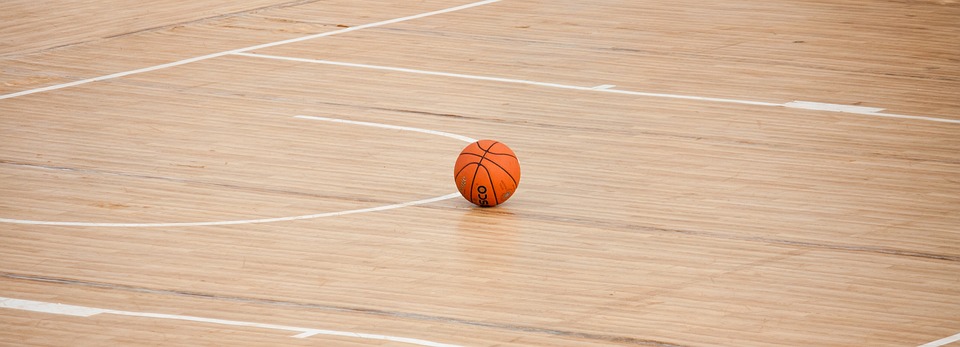As women, we know that our menstrual cycle is a natural and necessary part of our lives. But what happens when that time of the month falls on an important event, like a vacation or a big race? Can exercise actually delay our period, and is it safe to do so?
The answer is yes, exercise can delay your period, but it’s important to understand why. Exercise, particularly high-intensity exercise, can cause changes in the hormones that regulate our menstrual cycle. These hormones, called gonadotropins, are responsible for the release of eggs from the ovaries and the thickening of the uterine lining. When we exercise, our body produces more of a hormone called prolactin, which can interfere with the release of gonadotropins and delay ovulation.
There are a few different ways that exercise can cause a delay in your period. One is by simply delaying ovulation, which can push back the start of your period by a few days or even a week. Another is by reducing the thickness of the uterine lining, which can make your period lighter or shorter than usual.
So, is it safe to delay your period with exercise? The short answer is yes, as long as you’re not overdoing it. Excessive exercise can actually have the opposite effect and cause irregular periods or even stop them altogether. It’s important to listen to your body and give yourself enough rest and recovery time between workouts.
If you’re planning to delay your period for a specific event, it’s best to start increasing your exercise routine about two weeks before your expected start date. This will give your body enough time to adjust and delay ovulation. However, it’s important to note that this method is not foolproof and may not work for everyone.
There are also other options for delaying your period, such as taking hormonal birth control or using menstrual cups or tampons. It’s always a good idea to talk to your doctor before making any changes to your menstrual cycle.
In conclusion, exercise can delay your period, but it’s important to do so safely and responsibly. Listen to your body and give yourself enough recovery time, and consider other options if needed. Remember, our menstrual cycle is a natural and necessary part of our lives, and it’s important to take care of our bodies in the best way possible.




